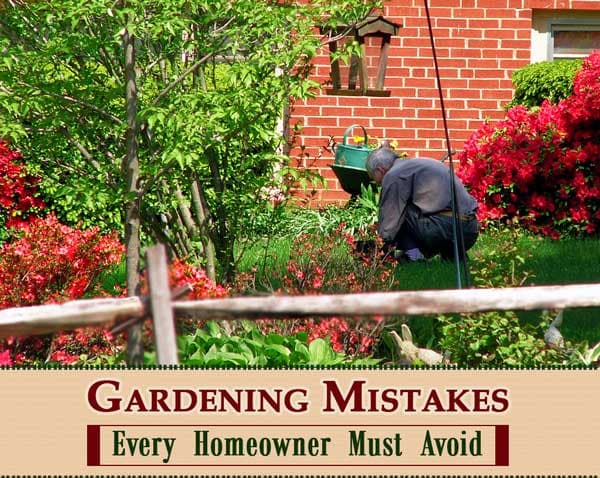
The noteworthy quote from ‘Alfred Austin’ (An English Poet) is “The Glory of Gardening: Hands in the dirt, Head in the Sun, Heart with Nature. To Nurture a Garden is to feed not just the body but the Soul”. A Garden requires patient, labour and attention. Plants do not grow merely to satisfy ambitions or to gratify mere desires. Mere desires do not help to grow a garden, it requires a will. They thrive because someone expended efforts on them.
Gardening is otherwise a fun and the benefits that you reap, with the exercise are more than fruitful. However, despite having a keen interest in the same, homeowners often tend to make some very evident gardening mistakes, when it comes to taking care. These mistakes may not be noticeable at an early stage but in the long run, can cause damaging effects to the plants. However, there are a lot of things that go into Gardening that are rarely talked about. For example, you need to understand in which situations plants grow in better way. Before starting it, one must know the subjects at hand. To help the people, most common Gardening mistakes are brought for knowledge and the preventing measures to curb them. Let us have a look at 7 common mistakes a homeowner makes in his garden and how to conquer them.
Gardening Mistakes
01. Not Understanding the Soil Conditions
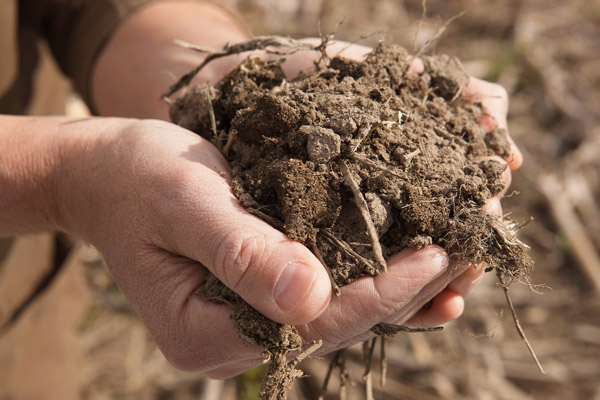
Often it is seen that when we go for gardening, we have no clue about what kind of soil conditions persists in our location. Your soil can be easily categorized into acid, neutral and alkaline. Once you know this classification then only you can choose plants, which would be able to flourish in these conditions. Even the consistency of the soil can vary from clay, chalk, loam, sand, and silt. Their identification would inform you about how nutrient-rich the soil is. You can use a soil test kit to find out all these details and then plant your seeds according to ones which would survive well. If you are investing on this, do get soil tested from your nearby laboratory.
02. Planting Mistakes
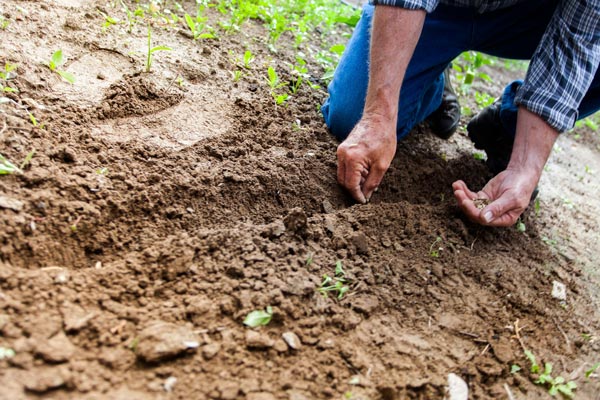
There has to be a clear plan on how you would plant the seeds in your garden. All the seeds have a particular temperature at which they work and if you plant them early then the intended time, most likely your seeds would rot. Also, they might become dormant and not sprout in that season only to peep out next season when other set of seeds are sown. Most homeowners are unaware of these pointers and hence, as a result, their plants suffer either from under or overexposure to cold and other weather conditions. Before buying any seed do your bit of research on when it should be planted and how to help it nurture itself.
03. Extra Nitrogen for Plants
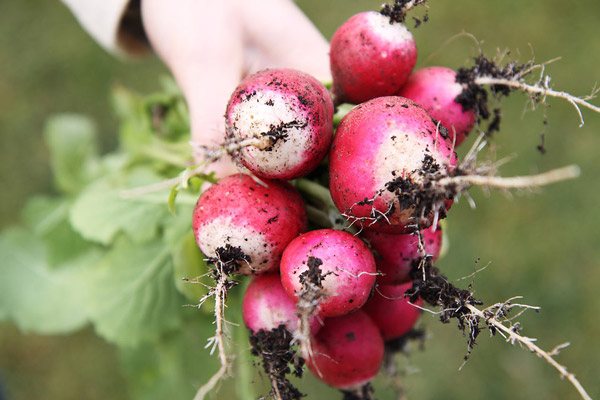
It is a truth that nitrogen is a must for plants but going overboard on the same can cause damage to them too. Extra nitrogen causes your plants to become leafy and that extra foliage does not allow your roots to spread and grow at its normal pace. Such plants then are unable to produce a healthy crop of fruits and are also highly prone to insect attack and any other infections. Apart from that, extra nitrogen produces mineral salts in excess and that gives a burnt-out impression to your plants. So, unless you have planted the crops which require extra nitrogen, go slow on their usage.
04. Deep Planting
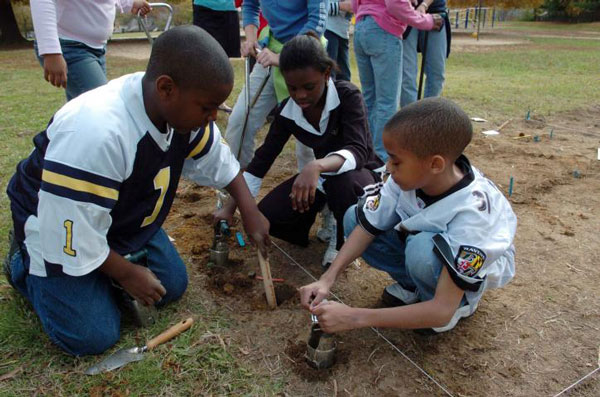
Seeds need moisture content so that they can sprout on time. Seeds like peas, beans, and corn need to be planted deep so that, they are able to get the correct moisture that is required to aid in sprouting. However, small seeds like lettuce and herbs need to be planted, at the top for best results. You do not require to cover these seeds but just cover them with loosened soil. Apart from that transplants should also be planted at the depth, in which they were planted, in the pot. The fact is that every plant has a specific requirement on how much depth it should be planted in and you would find the details on the seed’s packet very clearly.
05. Quantity of Mulch
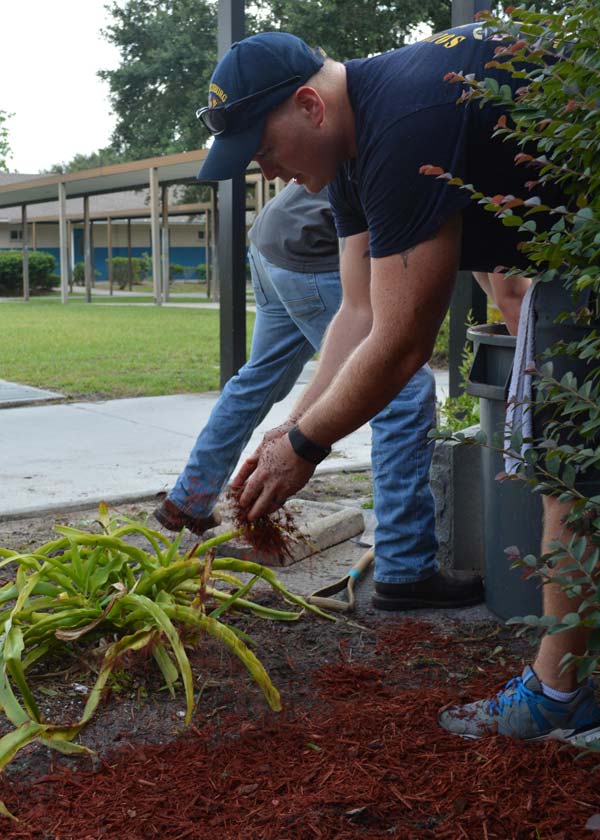
The importance of mulch in your gardening efforts cannot be denied in any form. It helps in controlling the weeds and enhances the moisture content. But if you use too much of mulch in your garden, it has the same damaging effect as that of planting a seed too deep inside. Similarly, using too less of mulch especially in warm weathers won’t stop the weeds or provide moisture to your plants. In case you are not constantly tilling the ground 2-3 inch of mulch should be sufficient to provide the best effect. You can also add an inch of compost to the mulch as that is useful also in keeping the weed growth in control.
06. Watering
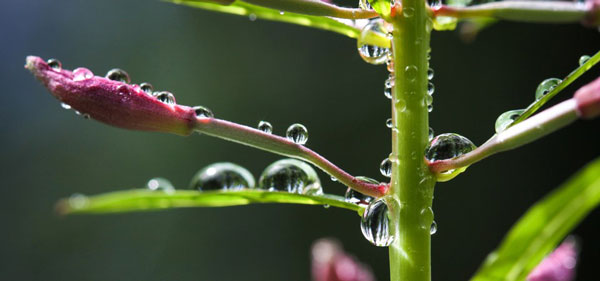
Apart from the quantity of water that you need to give, when to water the plant, is also crucial. If you water your plants in the morning sun, firstly you would lose a large quantity through evaporation. Moreover, the drops of water present on leaves could give the sun a glass effect to scorch (burn) the leaves. As stated by ‘BBC Gardeners’ Worlds Magazine’ you can water your plants either in the early morning or in the evening when most of the water would evaporate before getting to the plant roots. Also, for hot weather climates, watering to the base of plants can soak into their roots, by giving each plant 2 to 3 intervals rather than quick sprinkling.
Another mistake that we commit while watering is, to shower the plants with water and expecting it is enough. Often when you scrape the surface you find that the water has not even managed to penetrate inside. In case you are also finding this problem, you should poke the soil with sharp objects and fill these holes with water.
07. Not Following a Routine
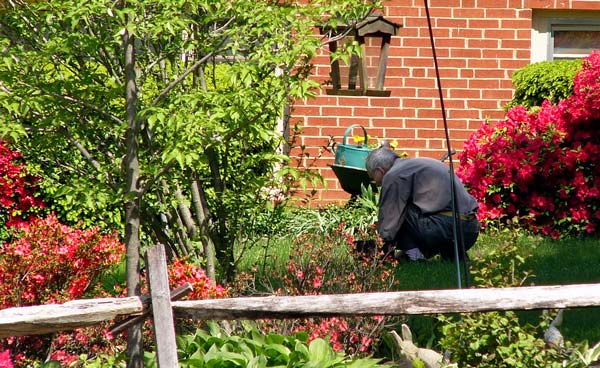
This probably is the most common mistake that all homeowners do. It is easy to spend a day in the garden taking care of all the factors, which could cause trouble only, not to go back after a week or so. If you want results and that too fast one, you have to follow a daily routine even if it is for a smaller duration of time. Instead of working 8 hours after 15 days it is better that you plan on spending 30 minutes every day and sort your garden. Doing that you can tackle any issues, as and when they arise and you also spare yourself from over exertion later on.
Conclusion:
Gardening is an absolutely enthralling experience but, you need to have the proper knowledge to deal with the hurdles. By avoiding the above-mentioned gardening mistakes, you ensure that all kinds of issues are averted even before they raise their head. It is easy to get carried away and ignore some important aspects while gardening. However, patience and research would ensure that the garden is nurtured and looks pleasing to the eyes forever. Hard work in the garden would never go as waste provided you know when and where to target your efforts.
Gardening is a hobby which many loves, it works as a stress-reliever and an anti-depressant. Whether you grew up Gardening or are starting from scratch, there will a learning curve, and that comes back to: just dive in! Avoid these common mistakes and make your own! You will indeed learn as you grow.
Also Read:
Landscape Architecture | Creating A Blissful Outdoor Spaces!
Ultimate Tips to ‘Lawn Care’ for New Homeowners!
Awesome Indoor Gardening Supplies You Need for Your Home!
Author Bio
Garima Bais – I am a blogger writing on topics like parenting, love, life, beauty and travel. Belonging to a country with a deep heritage India I am an eternal optimist and believe that whatever life gives to you should be taken with gratitude. Do let me know your take on my articles in the form of comments.


































